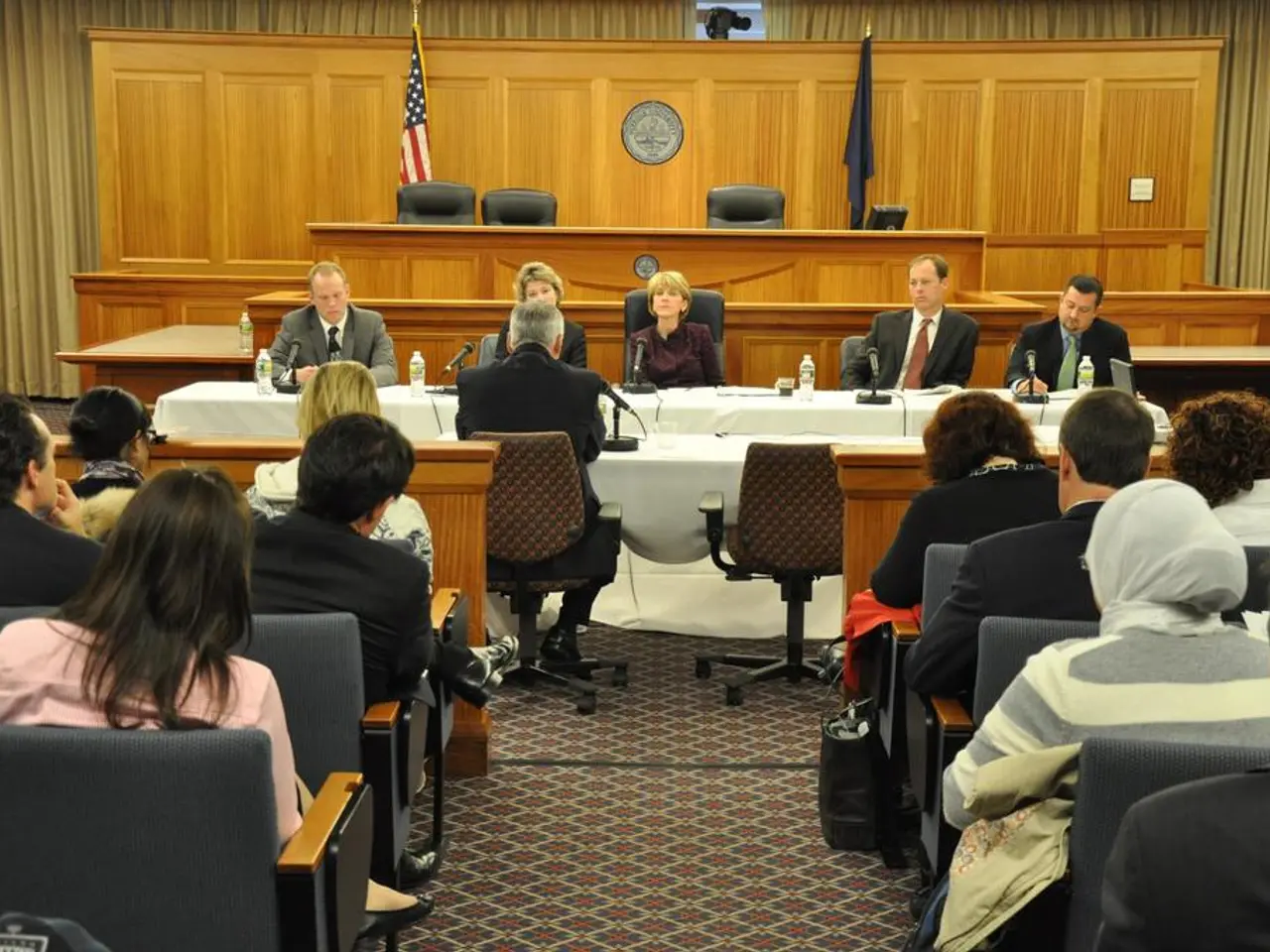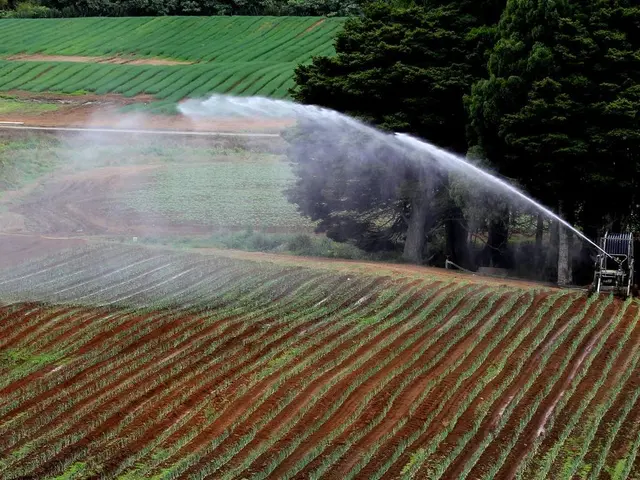Global discussions on a worldwide pact to combat plastic pollution restart in Geneva
Global Plastics Treaty Negotiations at INC-5.2 End Without Agreement
The second part of the fifth session of the Intergovernmental Negotiating Committee (INC-5.2), which took place in Geneva from 5 to 14 August 2025, concluded without reaching an agreement on a global plastics treaty.
The negotiations, which aimed to finalise and approve the text of an agreement on plastic pollution, were attended by over 2,600 participants from 183 countries. Despite intensive discussions over 10 days, no enforceable rules were agreed upon to reduce plastic pollution.
The key disagreement revolved around whether to cap new plastic production or focus on downstream solutions such as waste management, reuse, and improved design.
The stalemate means that talks will continue, but no date has been set for the next round. The INC Chair, Ambassador Luis Vayas Valdivieso, remained optimistic, calling for renewed commitment and unity among nations to continue efforts towards a treaty despite the setbacks.
The INC-5.2 was hosted at the Palais des Nations, a venue with a history of crucial multilateral negotiations and diplomatic breakthroughs. The INC was established with the task of creating an instrument that includes plastic pollution in the marine environment.
The United Nations Environment Assembly (UNEA) established the Intergovernmental Negotiating Committee to develop an international legally binding instrument on plastic pollution. The treaty under development could include both binding and voluntary approaches, based on a comprehensive approach that addresses the full life cycle of plastic.
Inger Andersen, Executive Director of UNEP, had earlier stated that plastic pollution is already in nature, oceans, and bodies, and if not addressed, could have massive consequences for the planet, economy, and human health. Katrin Schneeberger, Director of the Swiss Federal Office for the Environment, stressed that plastic waste is a global challenge that demands urgent and collective action.
Jyoti Mathur-Filipp, Executive Secretary of the INC, noted that INC-5.2 is a unique opportunity for the international community to bridge differences and find common ground to protect the environment, safeguard human health, enable sustainable economies, and stand in solidarity with those affected by plastic pollution.
The aim of INC-5.2 was to finalise and approve the text of an agreement on plastic pollution and forward it for consideration and adoption at a future Diplomatic Conference of Plenipotentiaries. The treaty, if approved, will be a significant step towards addressing the global issue of plastic pollution.
The Intergovernmental Negotiating Committee (INC-5.2) follows INC 5, which took place in November/December 2024 in Busan, Republic of Korea. Ahead of the opening of INC-5.2, the Executive Director of UNEP, INC Chair, and INC Executive Secretary held a conversation with Observers, and the Government of Switzerland hosted a Multi-stakeholder Forum.
The negotiations for a global plastics treaty are expected to continue, with the global plastics treaty remaining under active but stalled negotiation.
[1] UNEP Press Release [2] Reuters Article [3] The Guardian Article [4] BBC News Article [5] New York Times Article
- Scientists in the field of environmental-science express concern over the stalled global plastics treaty negotiations, highlighting the dire consequences plastic pollution may have on the environment, economy, and human health.
- As politics and policy-and-legislation surrounding the global plastics treaty remain uncertain, stakeholders are emphasizing the need for a circular economy approach in managing plastic waste, reducing plastic production, and minimizing environmental harm.
- The general news media closely follow the ongoing negotiations of the global plastics treaty, with updates on the UN negotiations' progress appearing regularly in publications such as UNEP Press Releases, Reuters, The Guardian, BBC News, and The New York Times.








